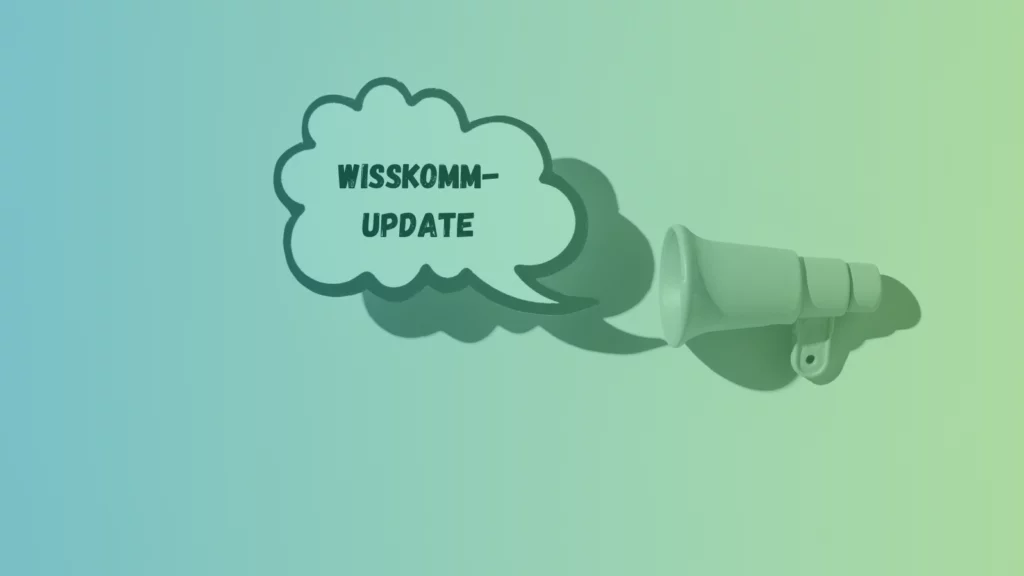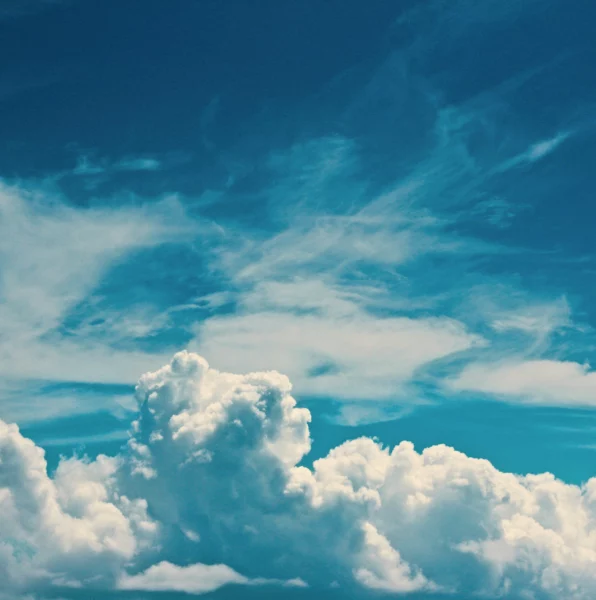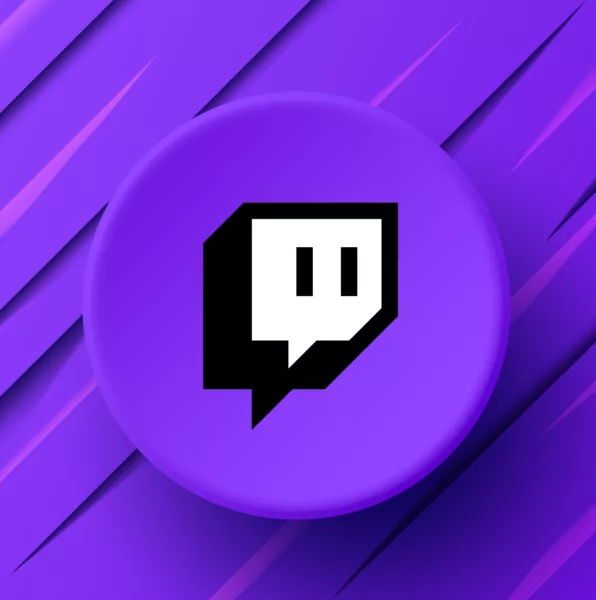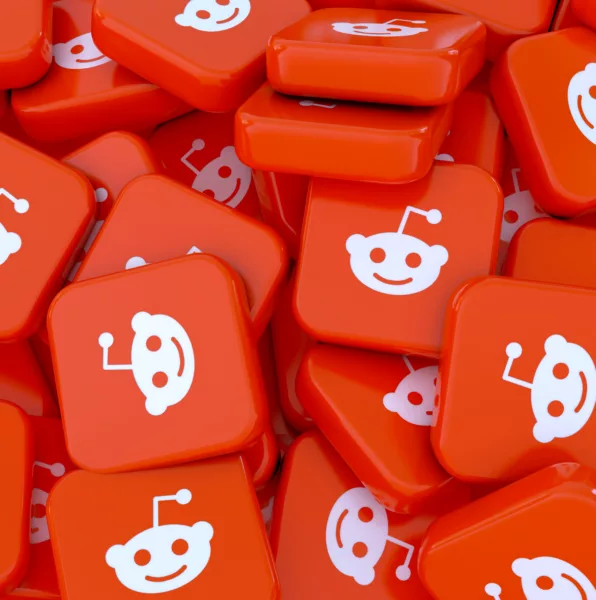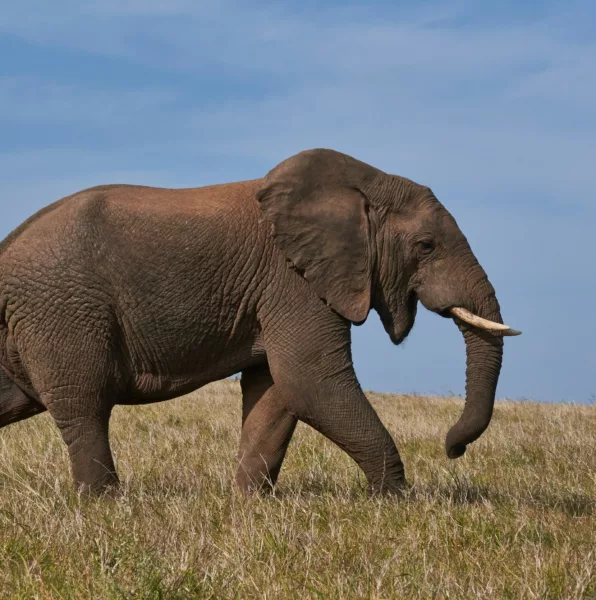Poetry and Science are two completely different worlds? Not if you ask Dr Sam Illingworth, Senior Lecturer in Science Communication at Manchester Metropolitan University, who believes in Arts as a great tool to communicate science. A conversation.
Communicating science
using the Arts
Mr Illingworth, how did you end up in the field of science communication and how did you end up using arts as a tool for it?
During my PhD, I was the president of the theatre society and just very interested in arts in general. Thus, I developed an interest in how the theatre could be used to communicate science. Primarily to school children, but also in a broader sense. After I finished my PhD I was able to go to Japan for a few years. I went there mainly to look at the relationship between science and theatre but also to test out a few different ideas. During that time, I realized that for me the best way of following my interests was to stay within the scientific world but look at how the arts in general and poetry especially can be used effectively to communicate science. These days I am very interested in moving beyond this one-way communication stream in which we use poetry or art to communicate to someone and instead using them as facilitating tools through which we can develop a dialogue between scientists and non-scientists.
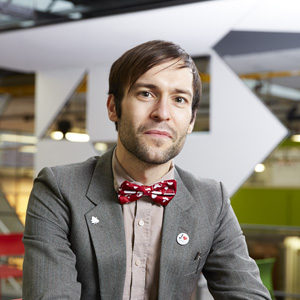
So, how can we foster the communication by using the Arts?
It works in a variety of different ways. One of the biggest problem is that we often start from a deficit model of science communication where we as the experts have a certain amount of knowledge that we feed to the non-experts to make them understand an issue or a scientific concept. This approach doesn’t take into consideration that the people we are communicating with do have a large amount of expertise and informed knowledge themselves in various areas. By using the arts in general we have an effective tool to foster conversations between scientists and non-scientists. This solves the problem of hierarchies of intellect being established in these conversations.
What do you mean by hierarchies of intellect?
It basically means that non-experts get the feeling that they cannot communicate with the experts in a certain area because they think they don’t have the knowledge needed to discuss certain issues. The Arts represents a fertile ground to overcome this barrier and foster conversations.
Why do you think the Arts are the right tool to do so or could it be anything else?
This is absolutely not limited to the Arts. There are great initiatives involving sports and science – for example the British Science Association did ‘a run through the solar system’ last year which was great – so it isn’t limited to the Arts and shouldn’t be. But my personal interests are in poetry, the theatre and games so combining my two interests helps humanizing me as a scientist and showing that I have other interests than science. It is about convincing both non-scientists and scientists that scientists are normal members of the community.
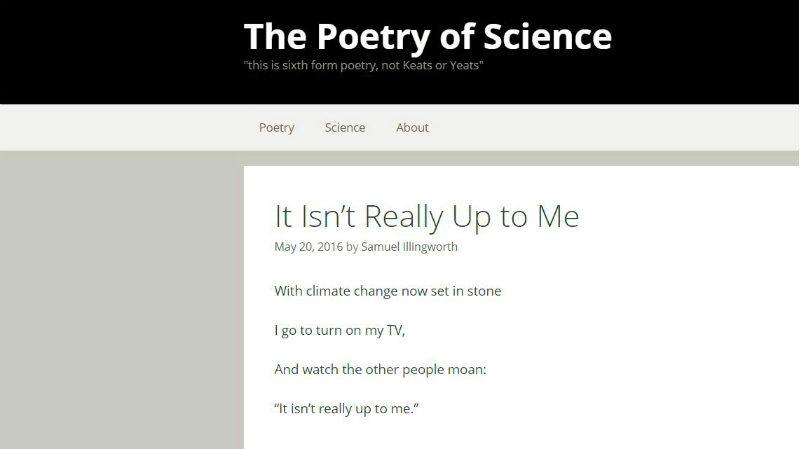
Speaking from a personal experience people are very positive about our approach. Most scientists I know have many other interests than science and a lot of them have a passion for the Arts and they are very happy to share these. This automatically fosters conversation and breaks down barriers.
What are the main differences and similarities between the Arts and Science?
I think that science and poetry in particular are ultimately just two different ways of making sense of the world we live in. Historically science and poetry both have a close relation. However, in the past there has been a notion of both disciplines claiming that their way of making sense is the right way whereas I don’t think there is a right or wrong. The way I see it poetry can be incredibly analytical and science can be incredible creative so there is not one way of doing either and thus, both are similar in their ultimate aim of understanding the world.
From a personal view I use similar tools when writing a poem compared to writing a paper – I have the same desire to challenge myself and look for opportunities which is the basis of both poetry and science. But even though the approaches are similar, it is very likely that we use different areas of the brain. Teaching scientists to use poetry could ultimately help them looking at a scientific issue in a different way and might end up helping them in their view. 
Another problem scientists and poets share is that they are seen as elitist. Thus, certain people are told that science or poetry are not for them and this creates a stigma. Science and poetry are introduced to us as those rigid things whereas we all know that science is far more than its stereotype and so is poetry. That’s another barrier we need to overcome.
Approaches like these are relatively new but by now present in quite a few areas. Do you feel science communication is developing in a positive way?
Yes, there is a lot of positive development but it will take time to trickle down. There are numerous initiatives and it is a great development that outreach and public engagement have become part of most grant proposals. But we need to continue the work and make the tools we develop available and visible for scientists. We have recently published a special issue in a peer-reviewed journal that is there to help those willing to communicate to find the right tools.
And I think what would be beneficial is to further develop the integration of those tools and concepts into university courses. A process which has already started but isn’t yet completed.
All that aside, if you had all the money in the world what would be the one project you would start?
It would be a project that enables people from underserved communities which have been told that science is not for them to get in touch with it. It is important for everyone to have the incredible gift that science gives which is to question concepts and reflect on things. Ideally, I would do that using the Arts of course.
